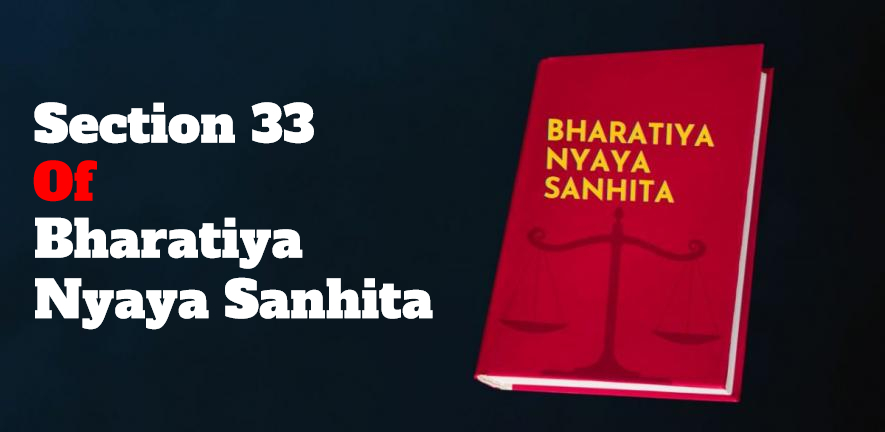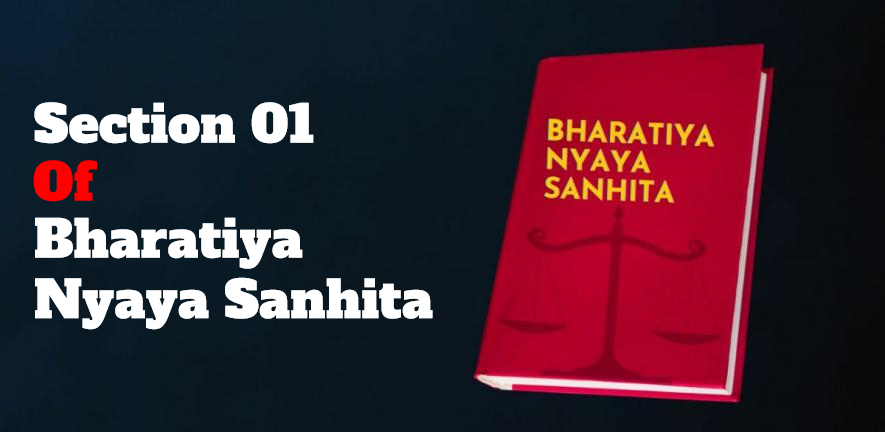Section 255 of the Bharatiya Nyaya Sanhita, 2023, addresses the misconduct of public servants who knowingly disobey legal directives. This section is designed to ensure that public officials adhere to their legal duties and do not misuse their authority to protect individuals from legal consequences or to prevent the forfeiture of property.
Key Provisions
- Target Audience: The section specifically applies to public servants, including police officers and government officials, who are expected to follow legal procedures in their official capacities.
- Intentional Disobedience: It penalizes public servants who intentionally disobey legal directions with the intent to:
- Protect a person from legal punishment or reduce their penalty.
- Save property from being forfeited due to legal violations.
Punishments
Public servants found guilty under this section may face:
- Imprisonment for up to two years,
- A fine, or
- Both imprisonment and a fine.
Nature of the Offense
- Non-Compoundable: The offense is non-compoundable, meaning it cannot be settled out of court. This provision is crucial for maintaining accountability and preventing abuse of power by public officials.
- Bailable Offense: Despite its serious nature, Section 255 is classified as a bailable offense, allowing those charged under it to apply for bail.
Examples of Violations
- Police Officer’s Misconduct: A police officer who delays filing charges against a known criminal to allow them to evade harsher penalties would be violating this section.
- Failure to Act on Property Forfeiture: A revenue officer who ignores a directive to seize property due to unpaid taxes, intending to protect that property from being forfeited, would also fall under this section.
Conclusion
Section 255 of the BNS emphasizes integrity and accountability among public servants. By imposing strict penalties for intentional disobedience of legal directives, it aims to deter corruption and uphold the rule of law within government functions.

Adv Ashish Sharma has dedicated his career to helping individuals and businesses navigate the intricate legal landscape with confidence. From providing expert advice on current legal issues to offering clear explanations of legal principles, he strives to empower his audience with knowledge and understanding.

